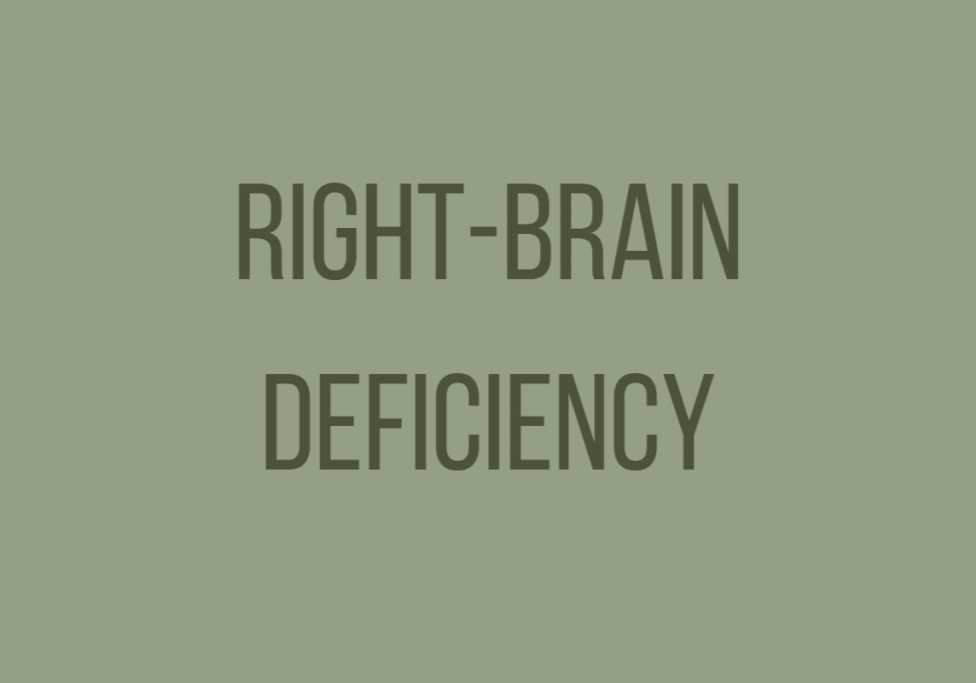Right Brain Deficiency

The right and left sides of the brain each have unique functions and a child who experiences a deficiency in either side can become labeled as developmentally delayed.
The right brain primarily develops in utero and the first two years of life and then transitions to primarily left brain development from ages two to six. If this brain lateralization pattern is out of balance due to physical, emotional, or chemical stressors during pregnancy, birth or early life, it can lead to poor coordination, delayed motor development, delayed language development, autoimmunity and dysautonomia.
Some of the functions of the right side of the brain include spatial awareness, big muscle movements associated with posture and walking, balance and proprioception, body language and nonverbal communication interpretation, emotional regulation and emotional intelligence, empathy, autonomic responses, self-control and cautious behavior, and controlling the immune system response from becoming overactive. The right side of the brain learns subconsciously and allows one to see the big picture of situations.
The first indicator of a right brain deficiency is a poor tone in the large muscles and delayed motor development. Symptoms include poor gross motor skills, a delay in walking as well as poor balance, poor rhythm and poor coordination.
Socially, a right brain deficiency will be seen as a child who “says the wrong things” and has trouble making friends. They are often picky eaters and can read but have poor comprehension. They tend to have a shorter attention span and can often be compulsive and favor spontaneity.
If the right brain is deficient, the immune system will go into overdrive and can manifest as asthma, allergies, and chronic food sensitivities. Dysautonomia from this imbalance will also lead to poor digestion and rapid heartbeat.
Diagnoses associated with a right brain deficiency include disorders such as ADD/ADHD, Aspergers syndrome, Autism, Tourettes, obsessive compulsive, oppositional defiance, nonverbal learning disorder, pervasive developmental disorder, developmental coordination disorder and conduct disorder.
Specific brain-based chiropractic care can determine if your child has a R/L brain deficiency and move them towards balance, healing, and optimal success in life.
Questions?
